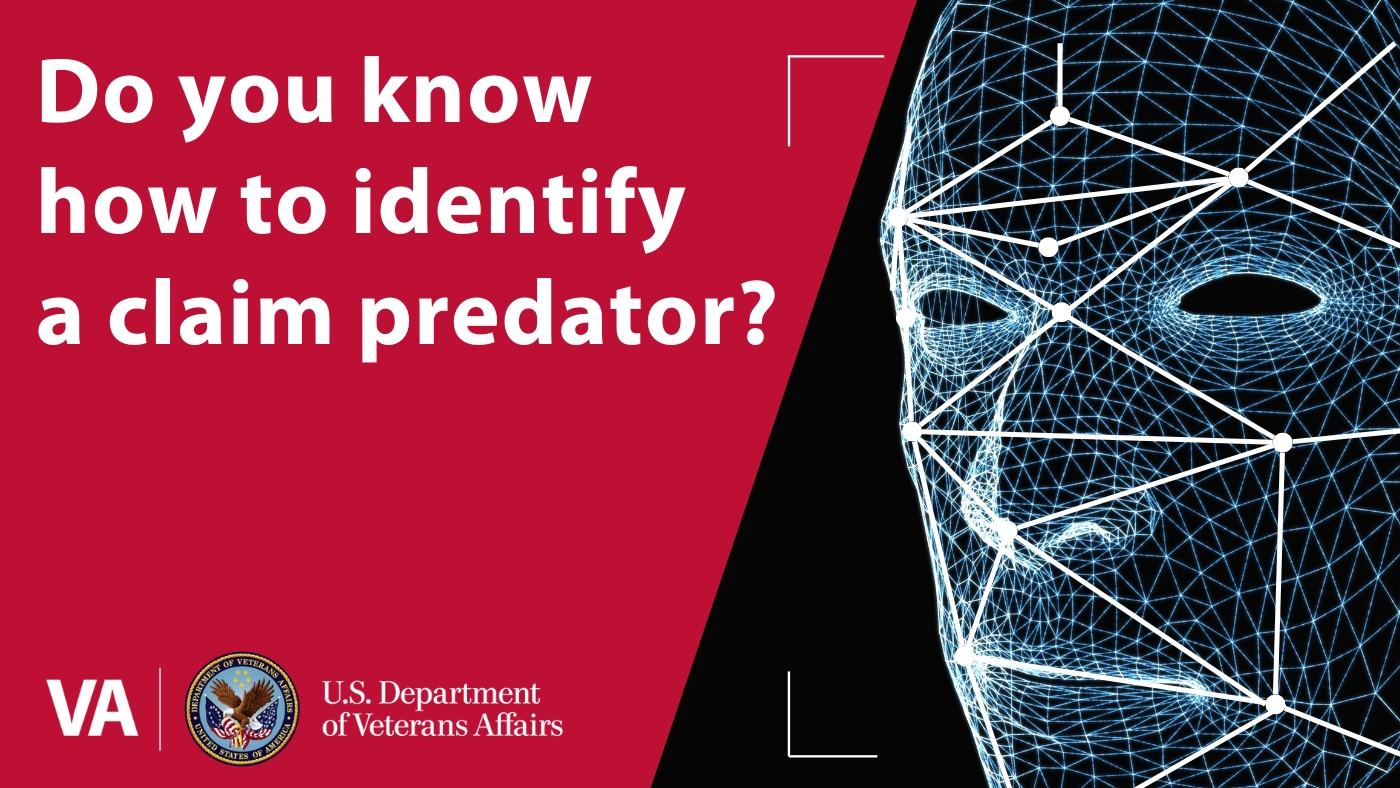A two-mile run is the fitness standard for soldiers preparing for deployment—the clock starts, feet pound the pavement, and breathing rhythmically regulates—in and out, matching a cadence of heel strikes. For Chet Frith, this two-mile run is no longer achievable due to constrictive bronchiolitis, a condition he likely contracted while stationed overseas during his service in the U.S. Navy. His 22-year span of service saw him working as an electrician and steering ships as a surface warfare officer.
His personal story
Constrictive bronchiolitis is a rare but serious condition resulting in progressive and irreversible airway obstruction. During Frith’s last deployment to Iraq, he was exposed to an irritant that greatly impacted his breathing.
Because his case is incredibly advanced, his medical team uses his progress to inform treatment of other patients with the same diagnosis. But that’s not the only way Frith helps others—his career with VA gives him a front-row seat to The Sergeant First Class Heath Robinson Honoring Our Promise to Address Comprehensive Toxics Act of 2022—or the PACT Act, which allows Veterans like him to receive expanded VA health care after being exposed to burn pits and other substances.
While the exact cause for Frith’s condition is still unknown, fortunately for other Veterans, this condition and others are covered by the PACT Act.
For Veterans like Frith, the PACT Act is a major game-changer for health care. “It’s a pain to have to prove that a condition happened or was aggravated while they were in service, which is difficult,” Frith said. “Who’s to say I didn’t go out and smoke something crazy? And then it’s on me to prove that I didn’t. It’s very tough. So now Veterans don’t have to go back and prove it. It’s automatically assumed that, yes, it did occur while they were in service. The burden of proof is no longer on the Veteran.”
Initiation to the PACT Act
The first time Frith heard of the PACT Act was in 2018 or 2019. He traveled to Washington, D.C., to listen to PACT Act advocates from the medical community.
“It was interesting to see the beginnings of it,” he said. “Most Veterans are very humble, and… most of them aren’t in it for the money. They just want the recognition that it’s a real thing.”
Signed in August 2022, the PACT Act is perhaps the largest health care and benefit expansion in VA’s history. It expands and extends eligibility for VA health care for Veterans with toxic exposures and Veterans of the Vietnam, Gulf War and Post-9/11 era. Now, more than 20 presumptive conditions—or a condition automatically assumed to have been caused by military service—are covered, including exposure to burn pits, radiation, Agent Orange and other toxins. The Act also requires VA to provide a toxic exposure screening to every Veteran enrolled in VA health care.
Becoming a VA employee
Frith recently joined VA’s Office of Information and Technology (OIT) as a supervisory management program analyst. OIT works on information technology (IT) modernization efforts that help VA implement the PACT Act and deliver VA health care and benefits.
“Once I got out of the military, I actually started working for the [Department of Defense]. I worked for the Navy’s Wounded Warrior Program, so I had a real connection to the Veteran. I felt like moving to VA was a logical choice,” he said. “[OIT’s] vision really hit home for me. I love working with folks that are inspired and have that motivation to make things better for Veterans.”
While Frith’s condition has stabilized, there may come a day when he’ll need a lung transplant. Until then, he’s making use of the treatments VA covers, as well as the telehealth resources.
As of September 4, the Department has supported over 21.8 million telehealth visits since March 1, 2020. OIT’s strong investments in telehealth support and technology have allowed VA to rapidly expand and support telehealth capabilities at the onset of the pandemic.
“It’s the technology and using that type of stuff at VA that’s just great. I was one of those people that said, ‘I’m never going to VA because it’s a horror,’ but it really isn’t,” Frith added.
In his new role with VA’s Office of Information and Technology, Frith has a birds-eye view of how important VA’s digital transformation and use of innovative technology is to implement the PACT Act and underly the ability of VA Administrations to provide health care and benefits to Veterans, caregivers and families.
Resources
- VA PACT webpage
- Tips to avoid PACT Act scammers
- Be vigilant of PACT Act scams video
Topics in this story
More Stories
VA reduces complexity for Veterans, beneficiaries, and caregivers signing in to VA.gov, VA’s official mobile app, and other VA online services while continuing to secure Veteran data.
Learn how to not be the victim of VA impersonators.
“Do you know how to identify a VA claim predator?”







I’m a Vietnam veteran 1967 – 1968.
Served in combat as a Huey Gun Ship Crew Chief / Mechanic / Door Gunner.
Involved in combat in Pleiku, Kontum, DakTo, Banmethout, Laos, Cambodia etc.
Exposed to Agent Orange at all of these locations.
Currently being treated for various cancers that were diagnosed in March of 2021. Some are considered as presumptive and some are not ?
Because of the PACT ACT I have filed claims with the VA for various medical issues that I’m being treated for in the VA Medical System.
Waiting on the VA’s response to these claims.
One of the most important reasons for me going back to school is to receive a Sociology Degree, is because I want to better understand Mental Health as an academic subject. I’m a mental health sufferer and I want the book knowledge and degree, so I can better assist my fellow Veterans. I think we need more Veterans in the mental health Department that can better understand the Mental Trauma Vets go through. I needed help for far too long and I was going to counseling and still felt alone. I hit rock bottom, giving up on life. God answered my prayers, spared my life and took me through counseling through his Grace. I will never turn my back on our fellow Veterans.
My husband has been waiting for almost 3 yrs to be approved for disability related to Agent Orange & other toxins while serving near the DMZ in South Korea (1971-1972). We’re still trying to prove his exposure. He has 2 types of bone marrow cancer. For some reason the VA keeps ignoring those sent to Korea. What’s with that? Just dragging their feet til he dies? Sure feels like it.
I cannot explain all are do I want to tell all of my stories and it is about time the VS did there job. They have had people in the VA not even knowing there job. I was denied many times because one reviewer stating that I was not in combat, in V.N It was a joke Someone helped me out and the T.V,C, took over and stated that how could a person say that He looked at my records and told the V.A. reviewer I was a door gunner and flew many hrs. in V.N. 1967-1968 and had mechanical failure and shot down.. My unit was assigned to F.O.B.2,in Kontum ,V.N. and were always going into Cambodia are Laos, day and night.. SOG were the best and my unit enjoyed working with them, They were great and crazy. And the Mike force and Hatchet were something else. The only regret was I never knew what axactly happened to MSG.SGT. Shriver.. Back to the VA I feel bad for the younger military personnel today.Ehile I am typing I would like to know on the pact act there are 2 more condition for A.O. and no one can answer and it is if a vet is 100% in 2015 and had a claim in 2007 and was denied,why is it that the VA cannot go back and figure it out for back pay? And no I am not looking for the back pay but I just do not understand.